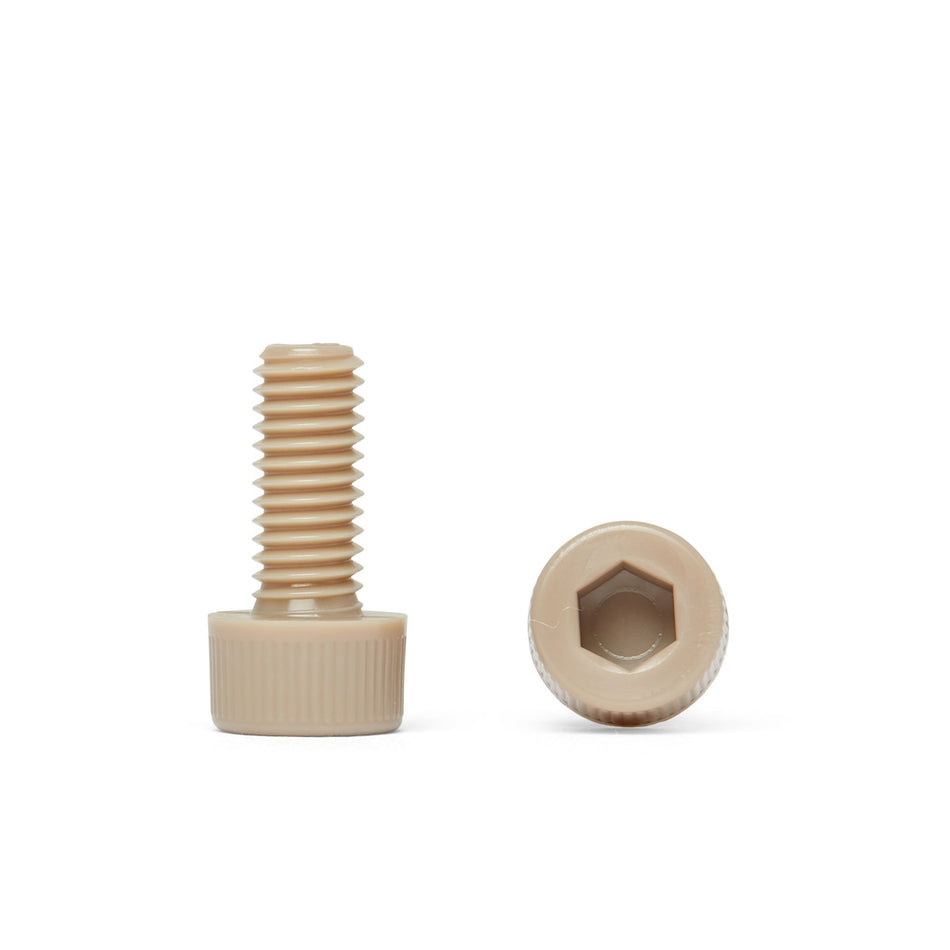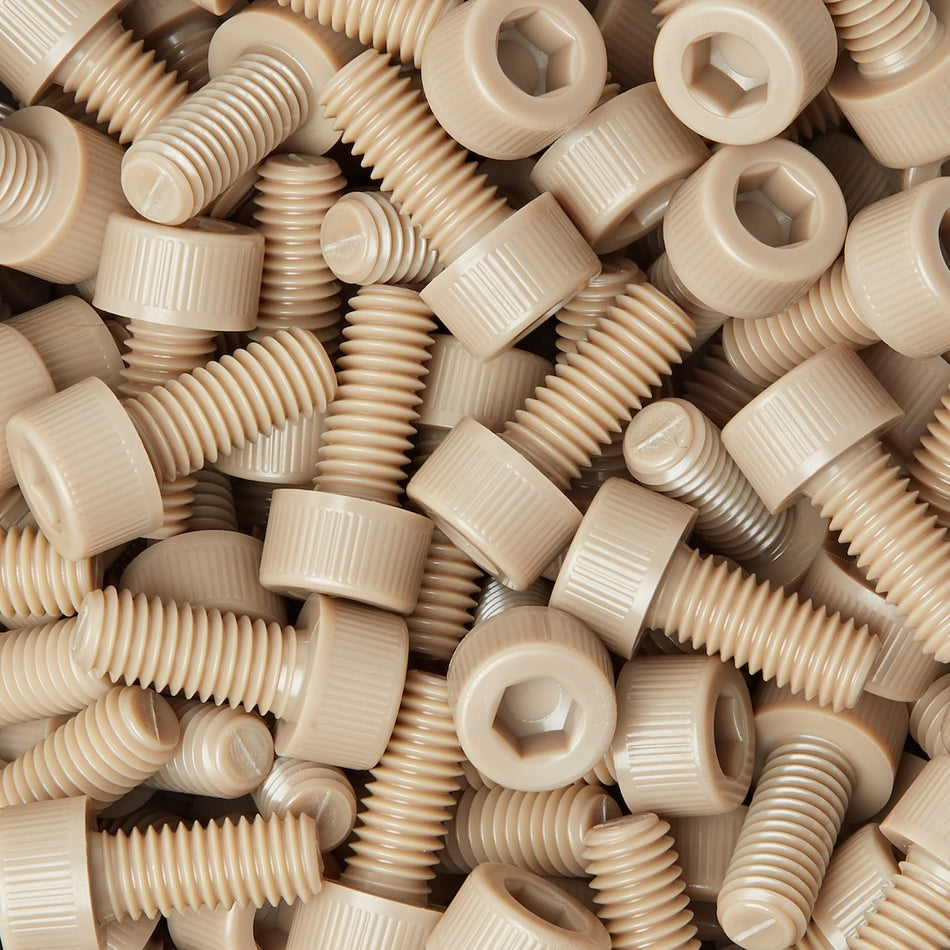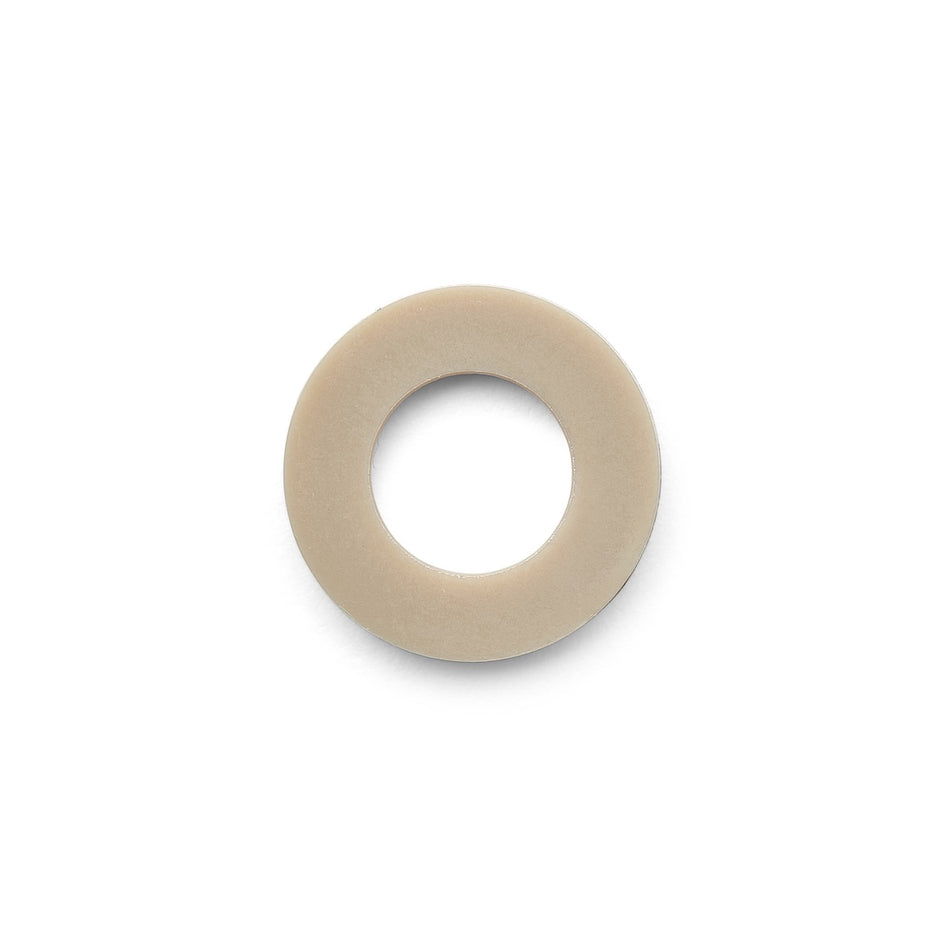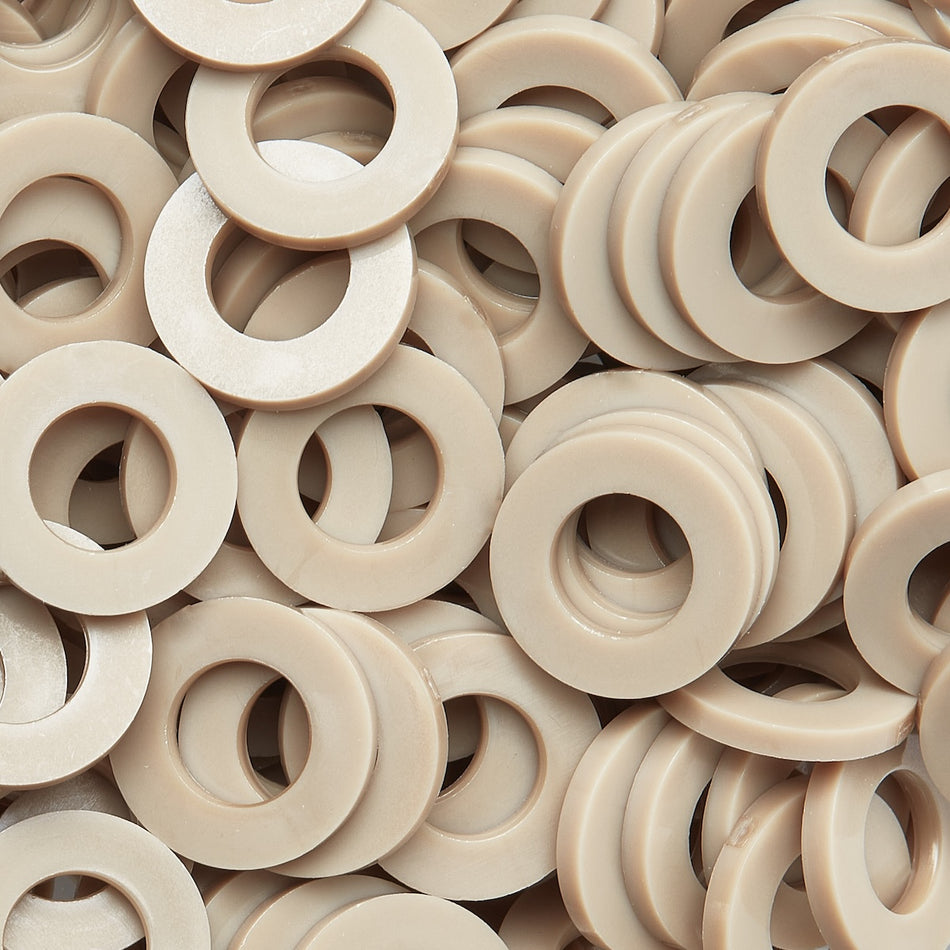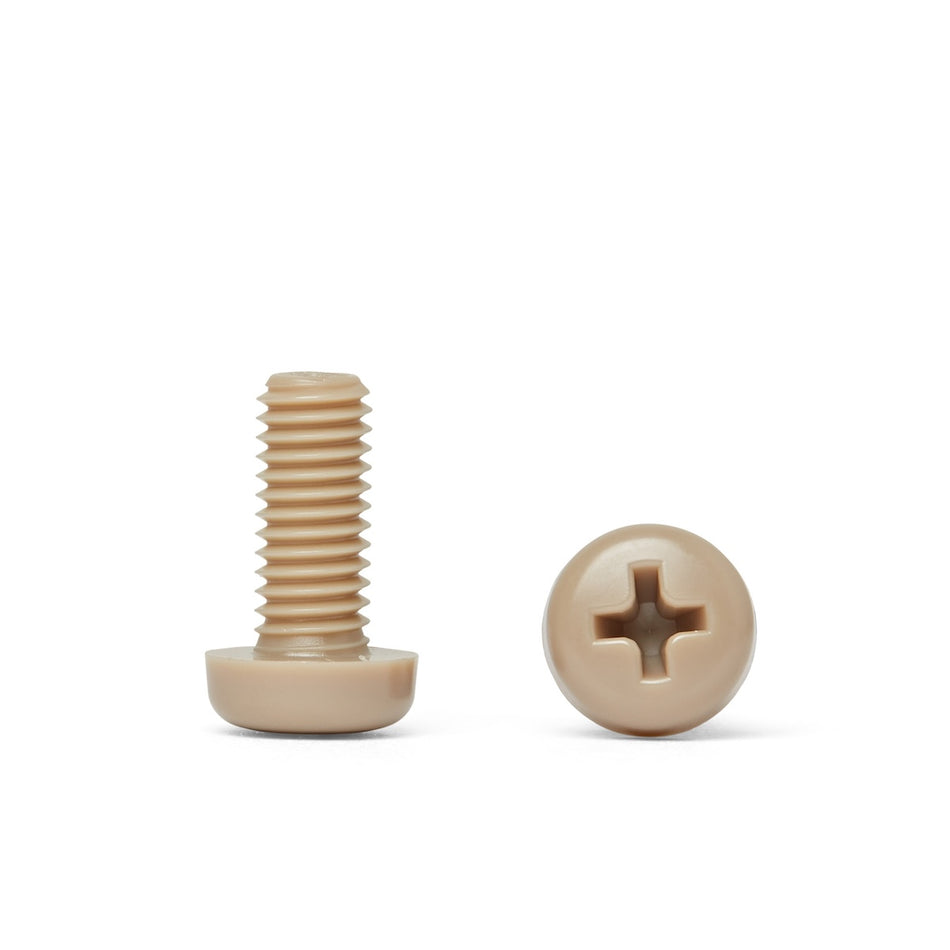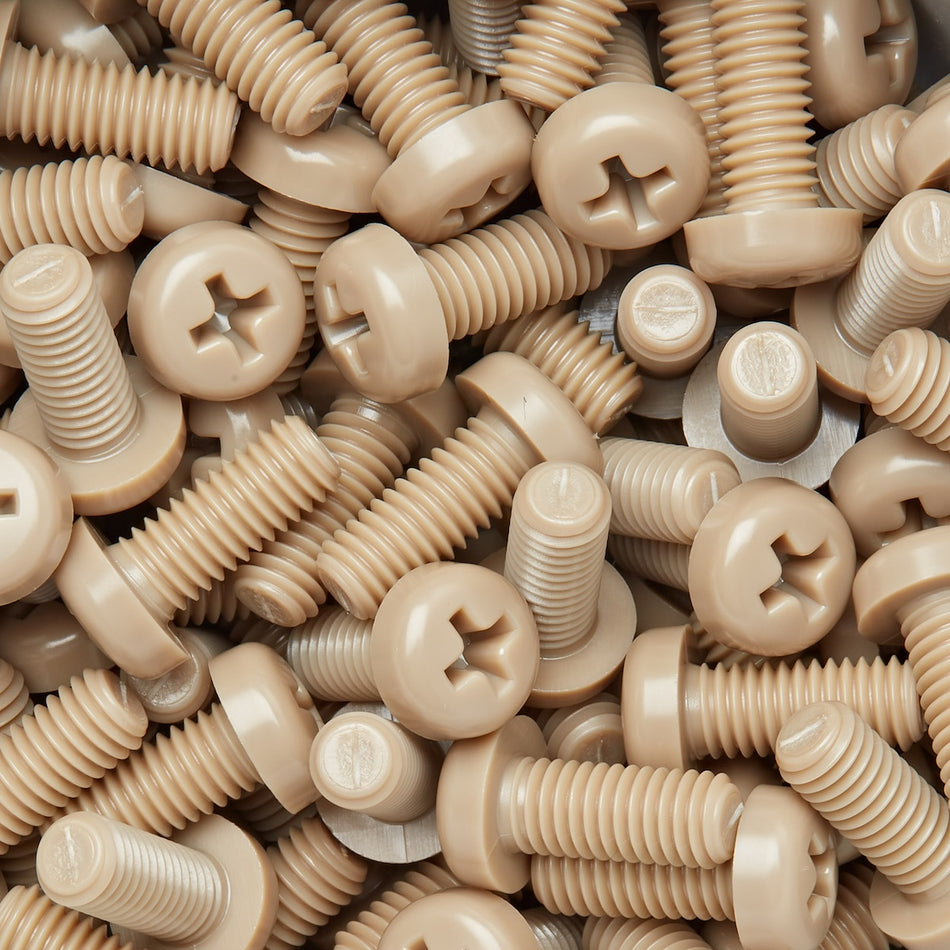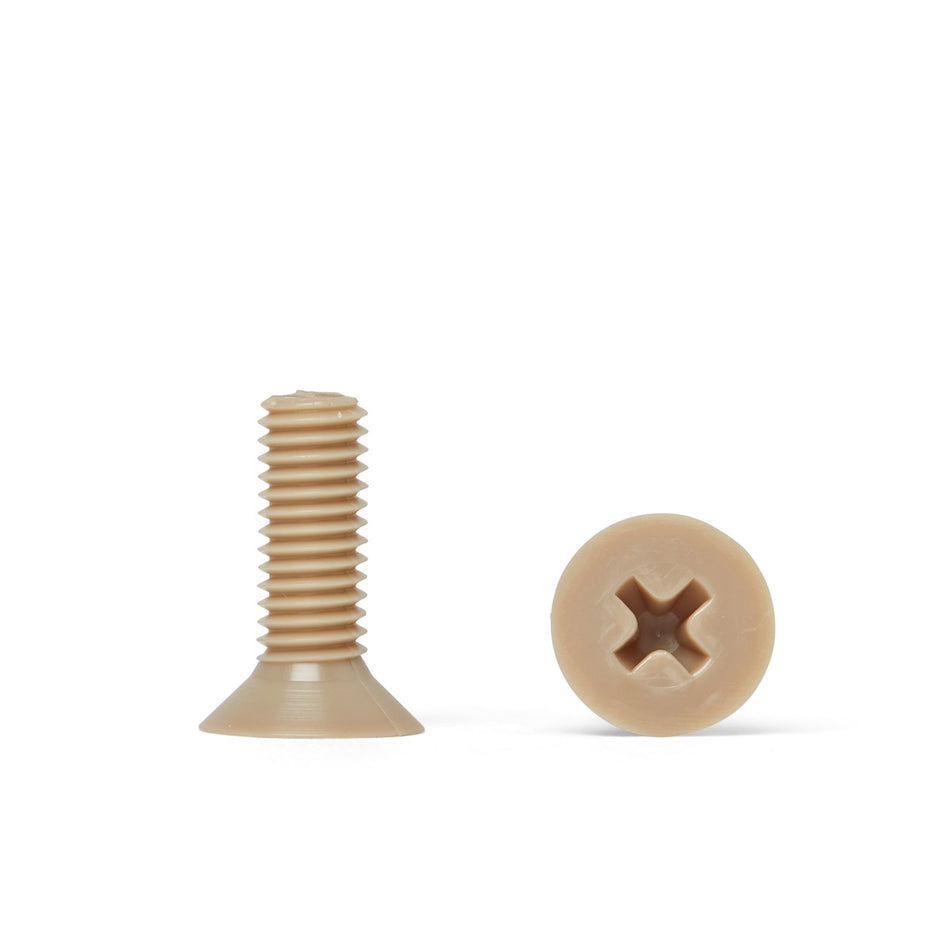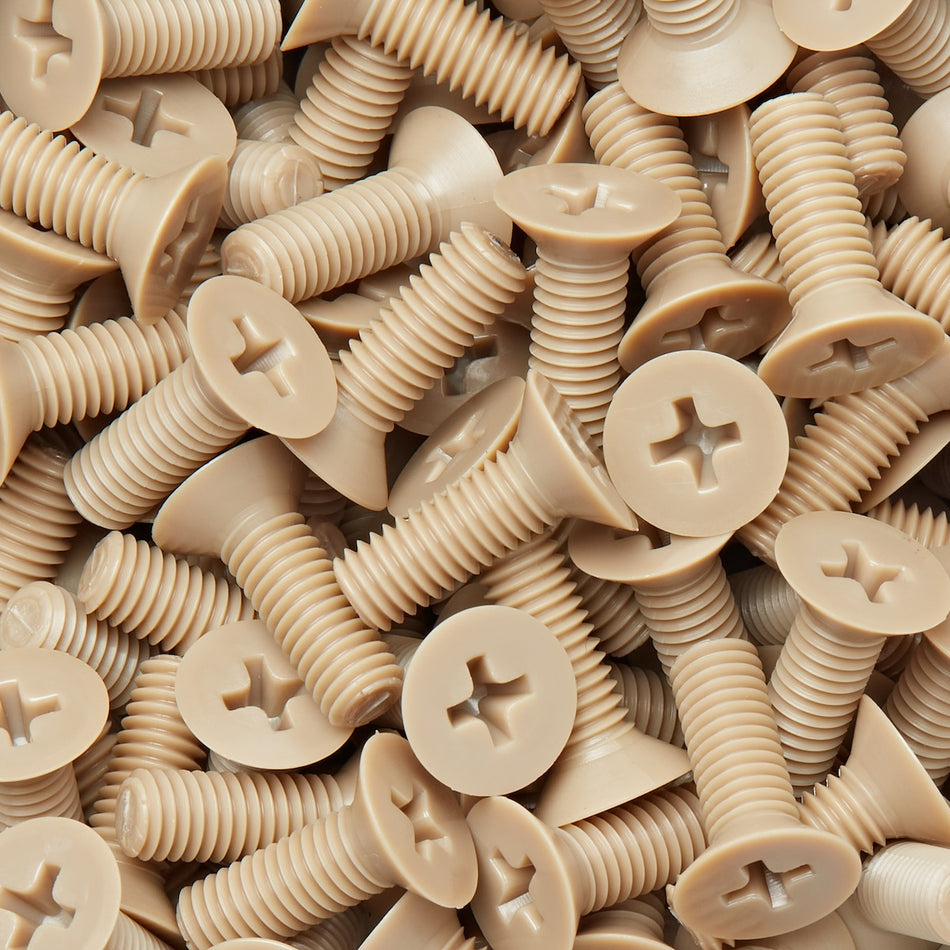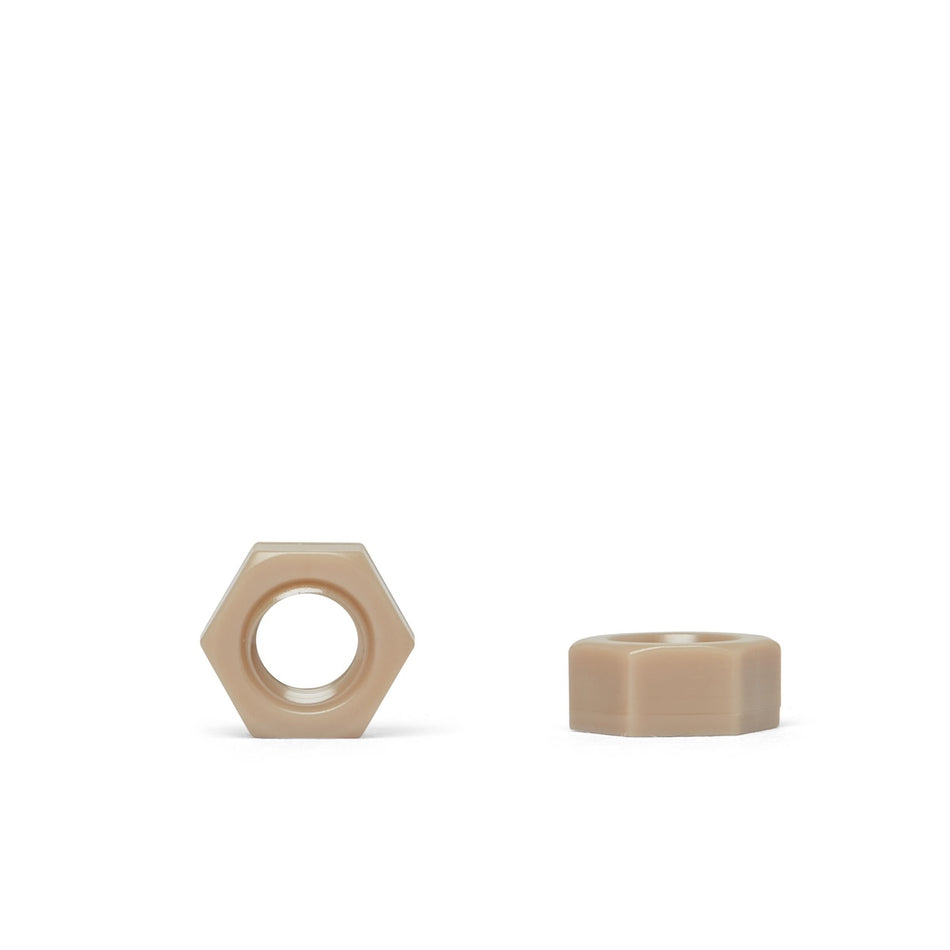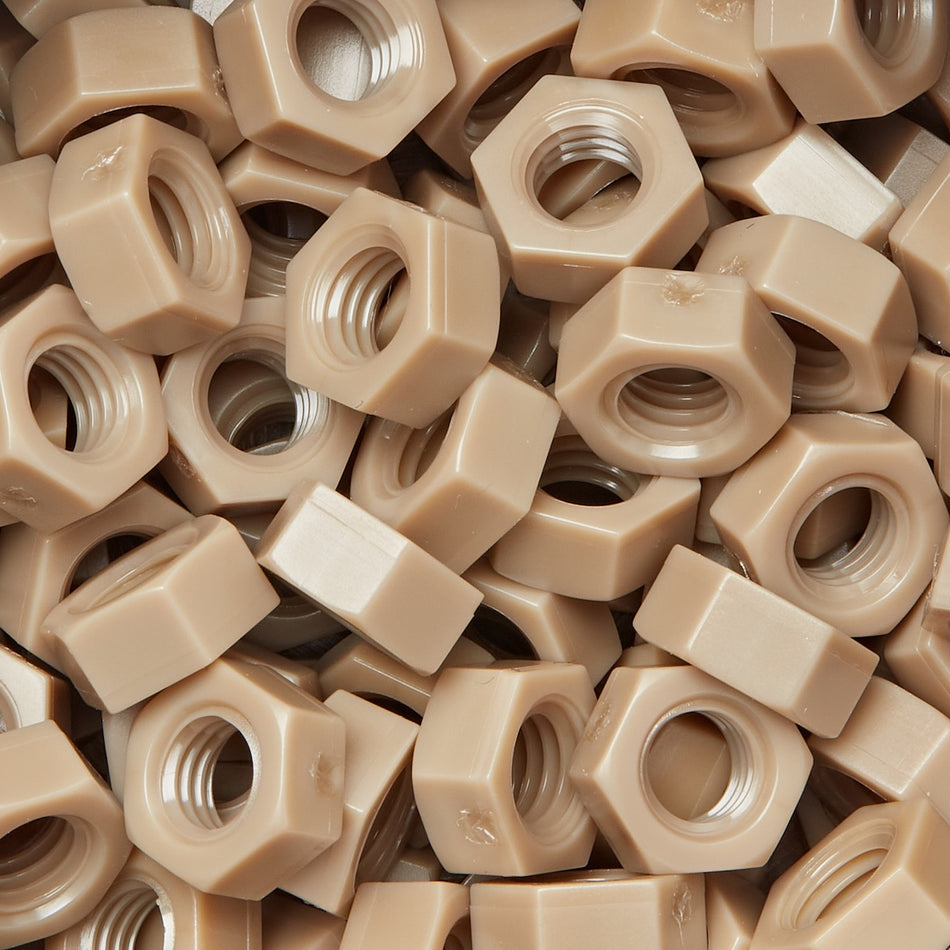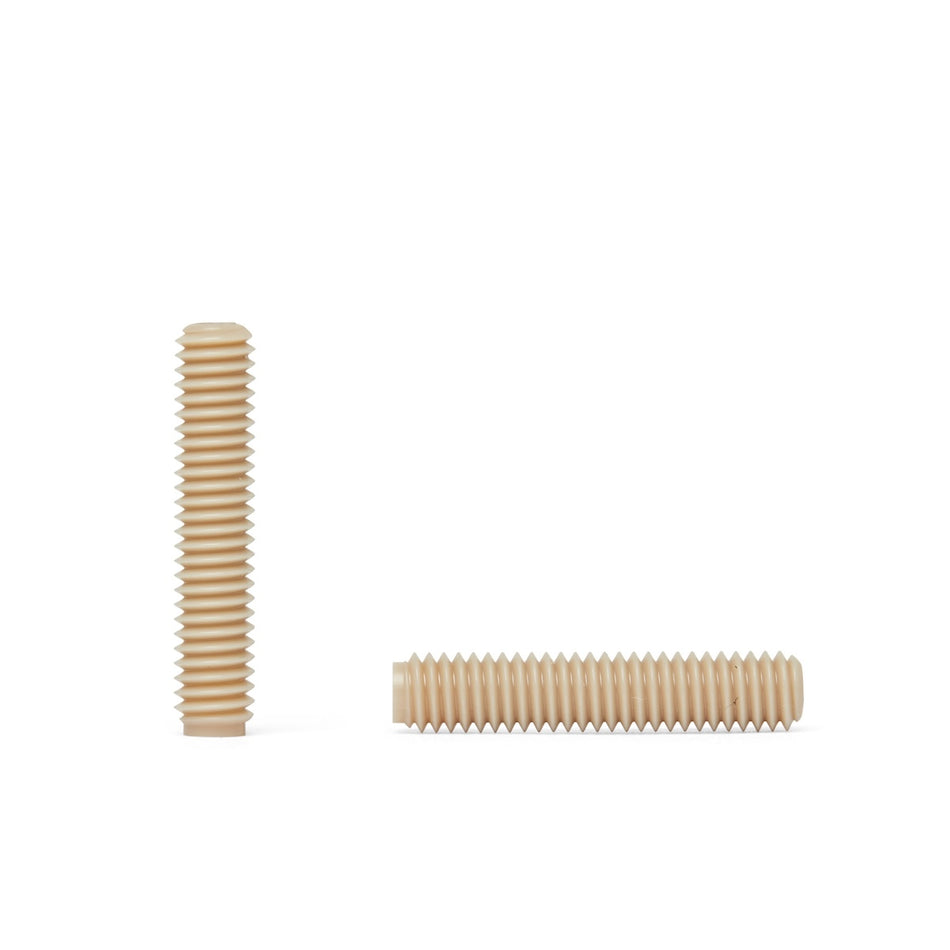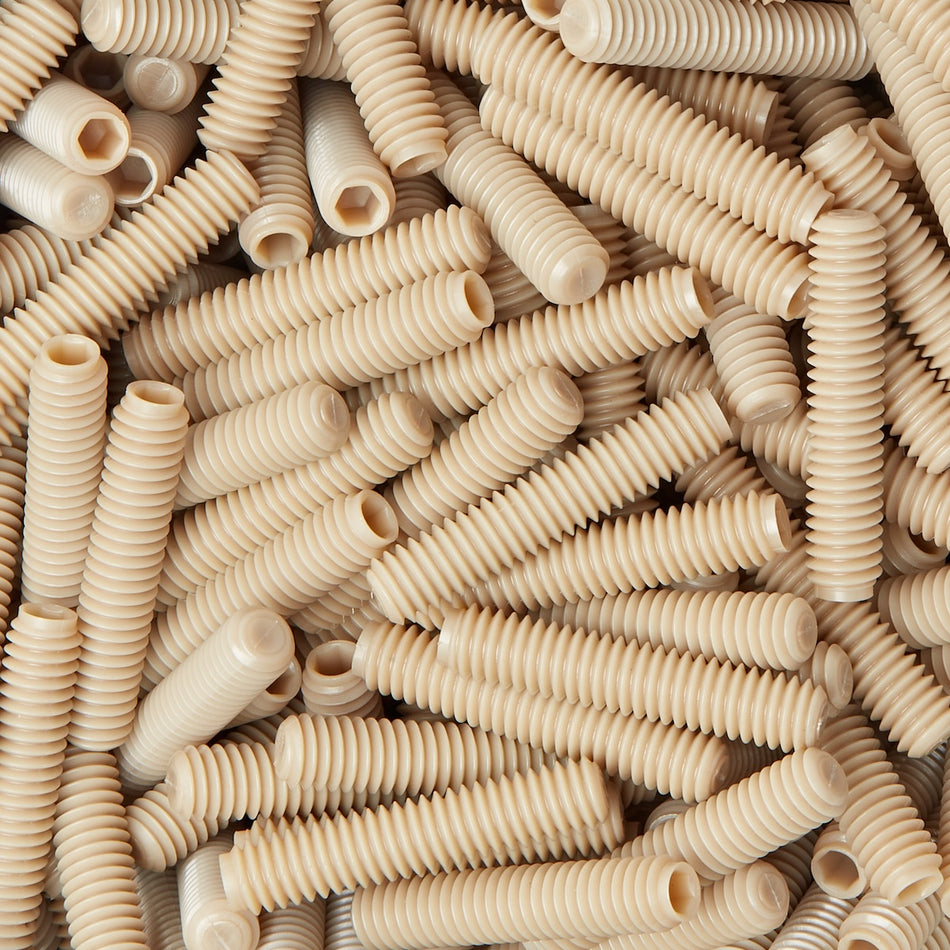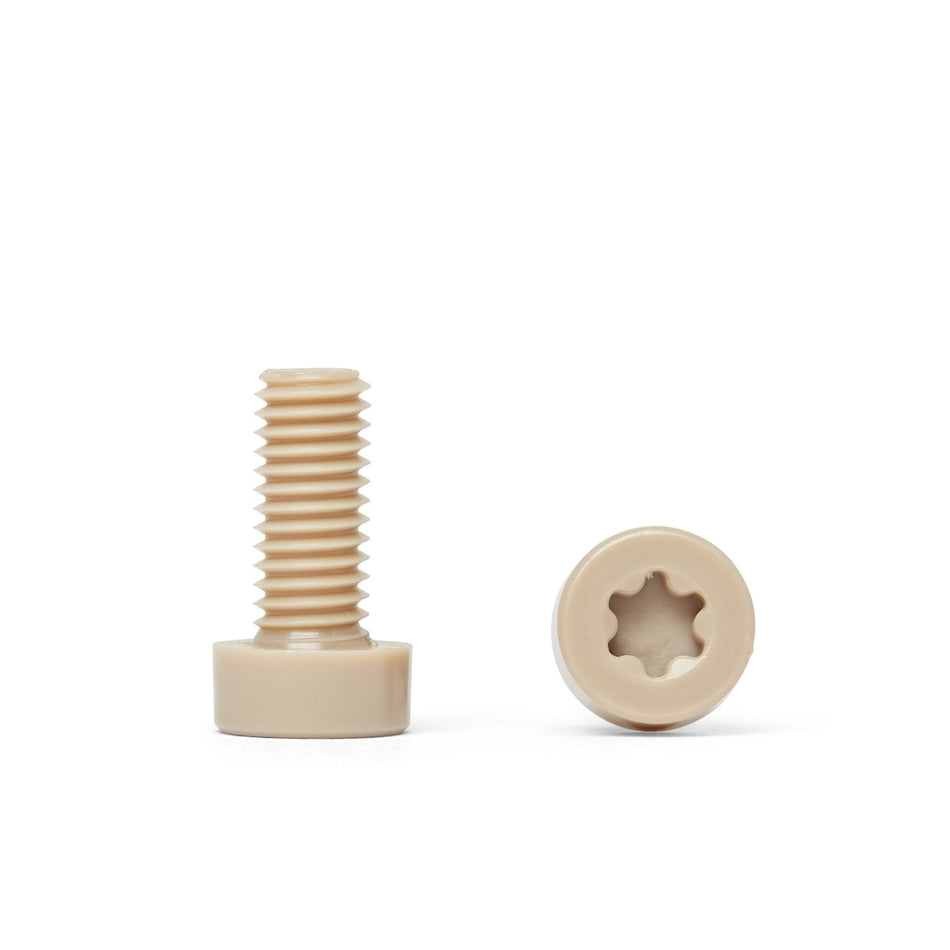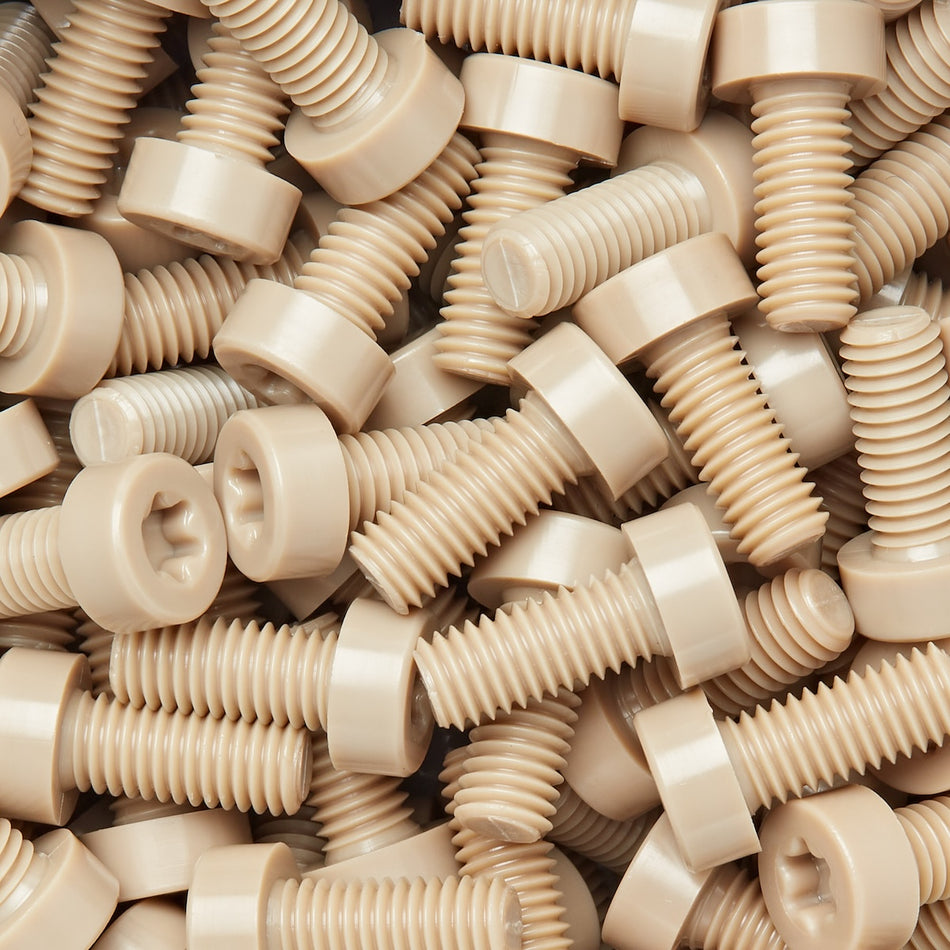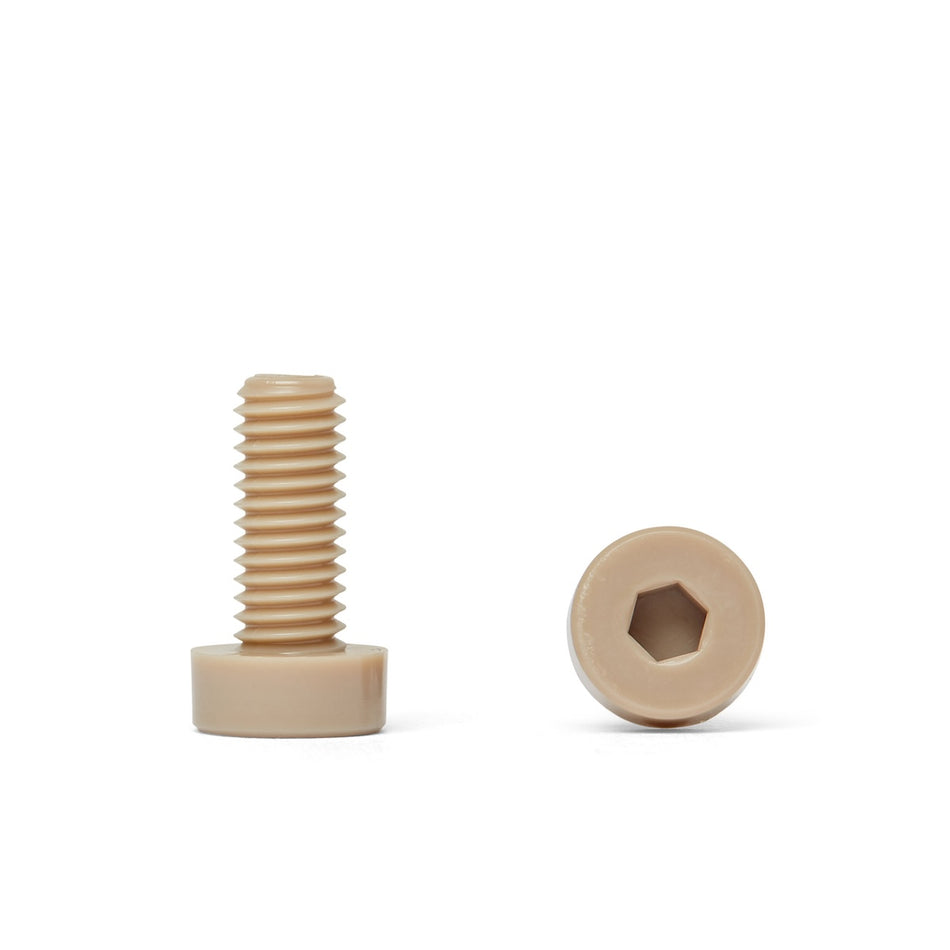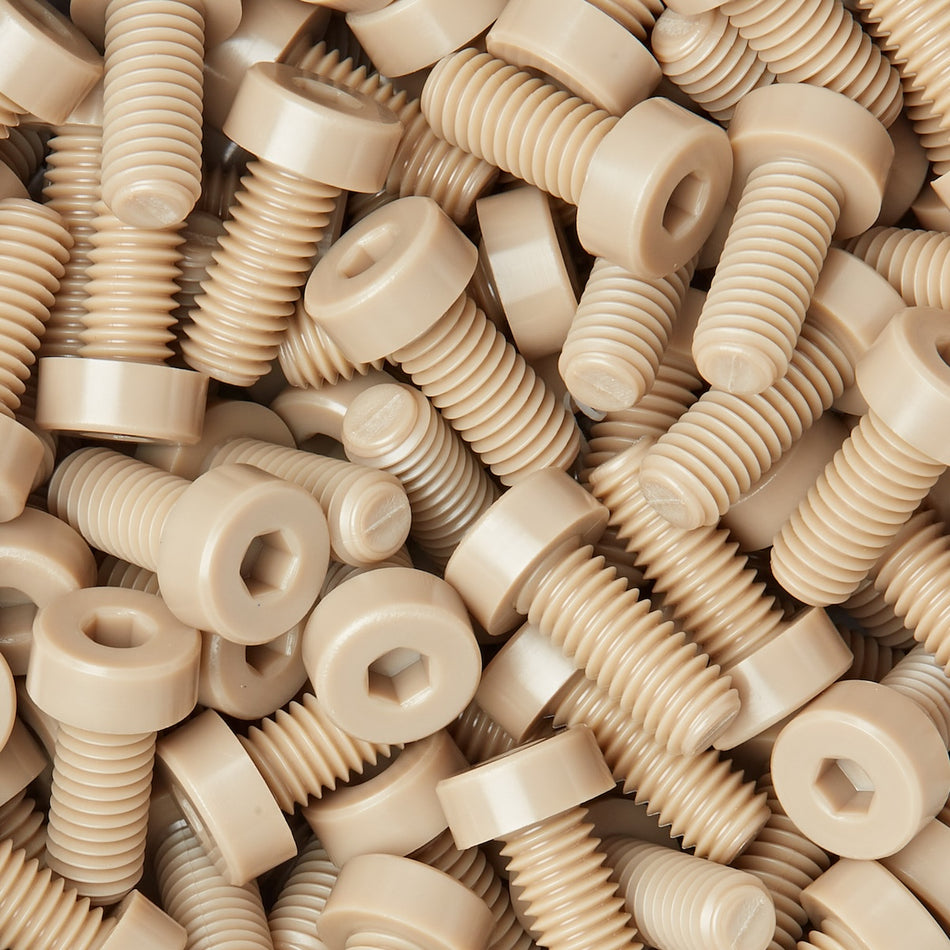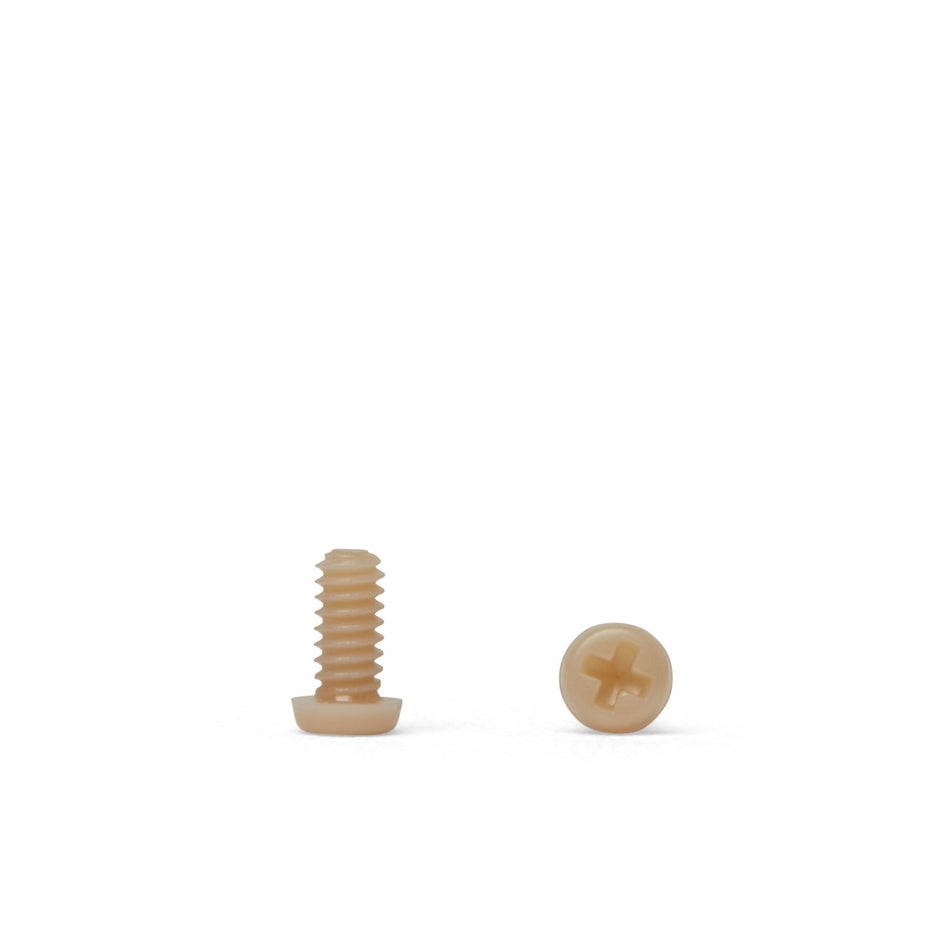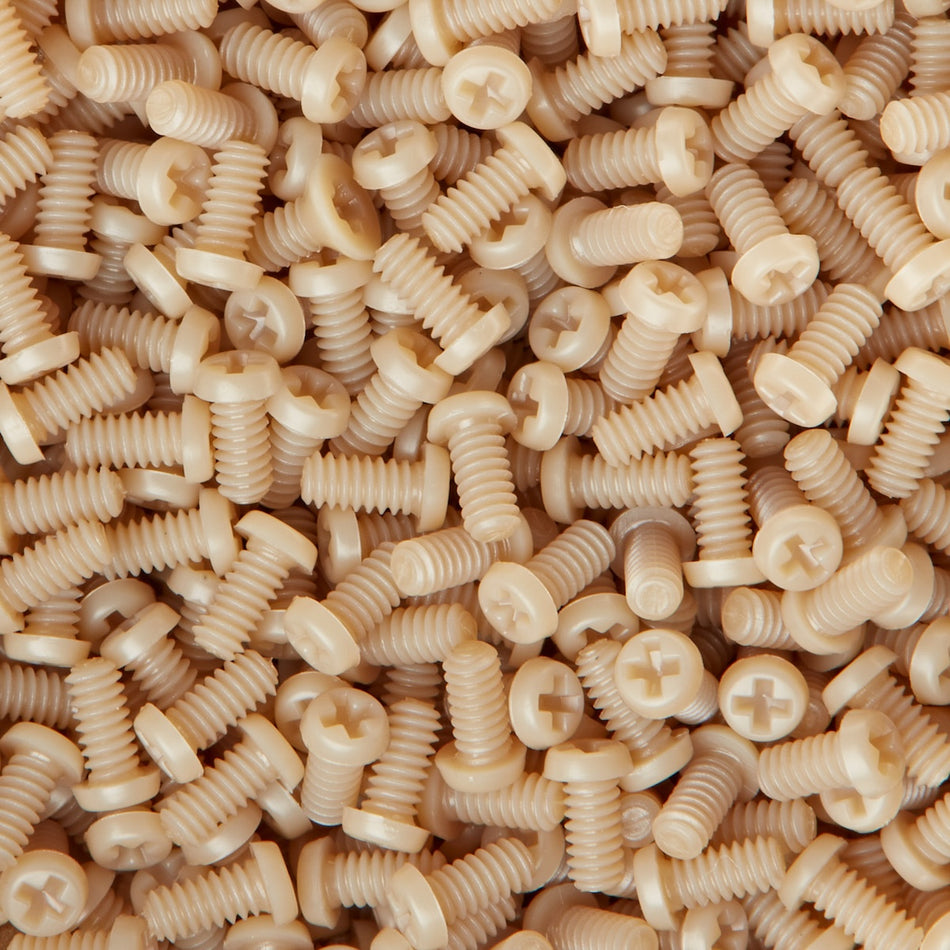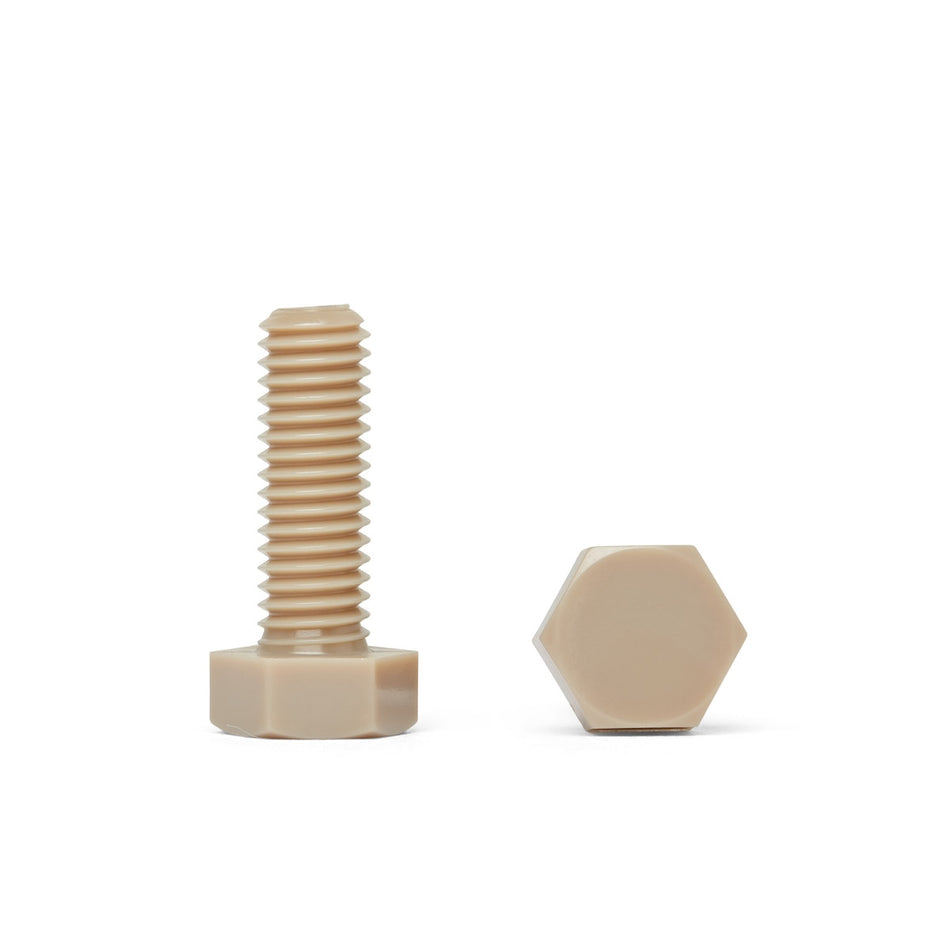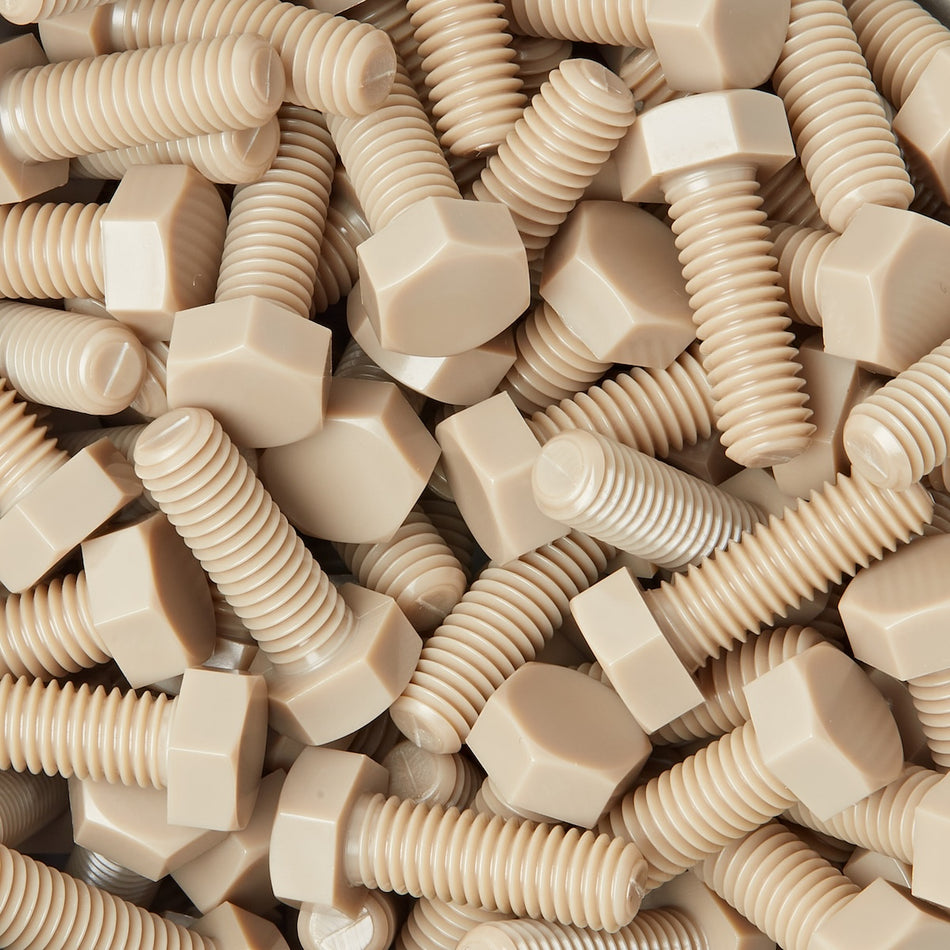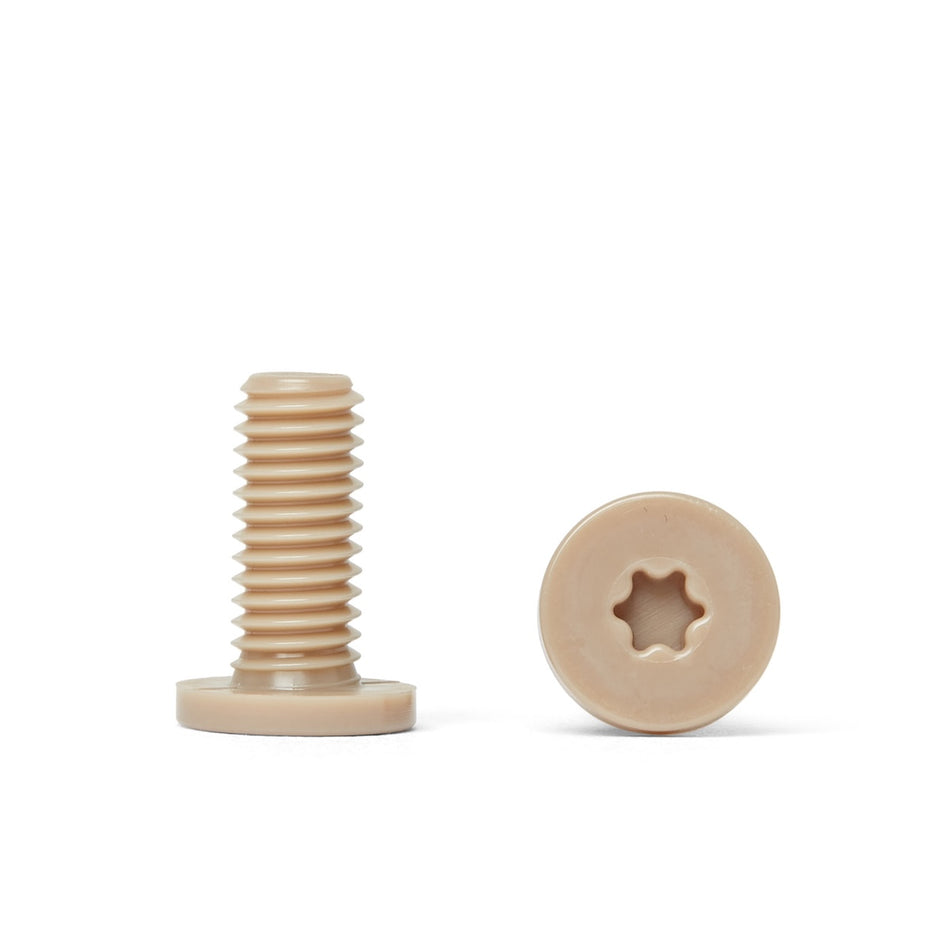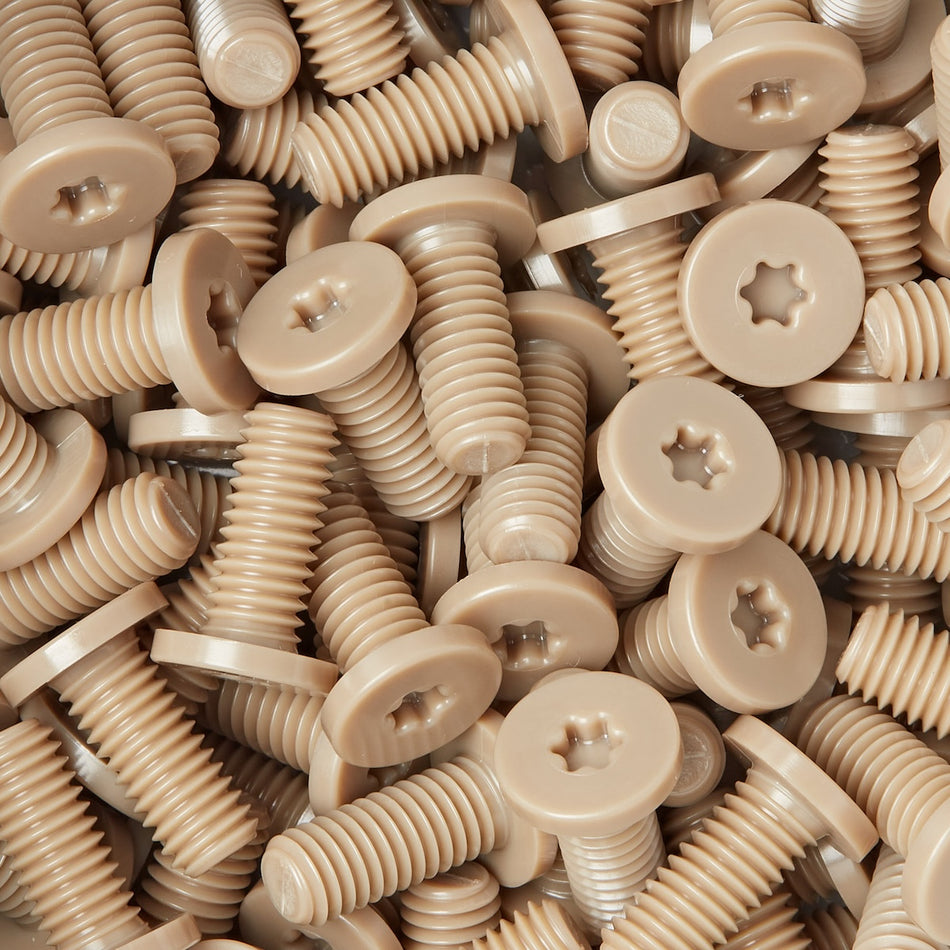200 Prodotti
Viti, dadi, bulloni, rondelle e dispositivi di fissaggio resistenti alle sostanze chimiche
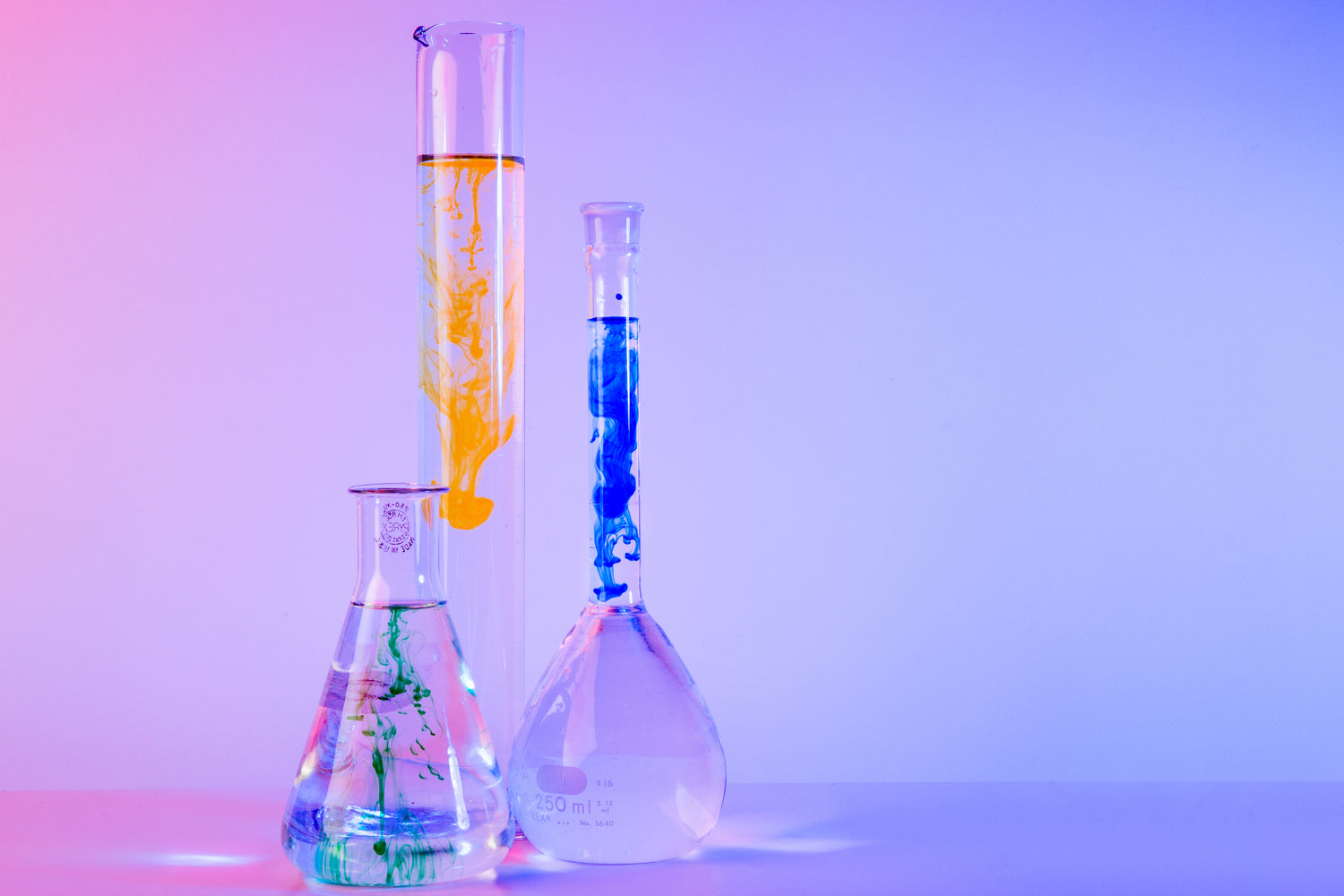
Why Are Chemical Resistant Fasteners Needed?
Chemical resistant screws, nuts, bolts, washers, and fasteners are an important component in many applications where chemical exposure is a concern, and they can help to extend the service life of fasteners and improve the reliability of equipment and structures in chemically challenging environments.
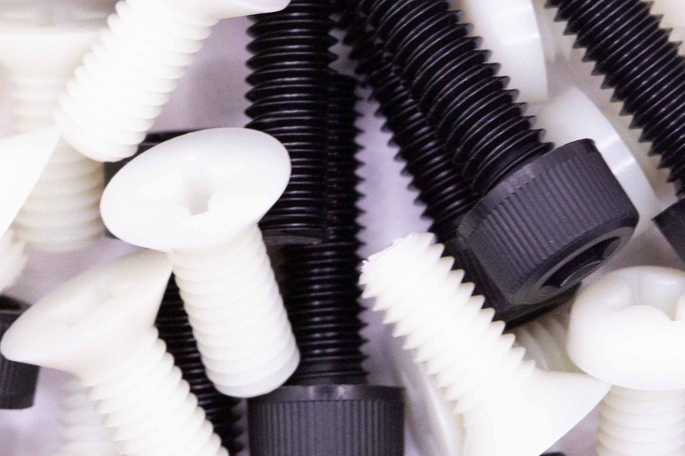
Chemical Resistant Polymer Fasteners
Chemical resistant polymer fasteners are a type of fastener that is made from polymers, or plastic materials, that are resistant to chemical corrosion. These are used in a wide range of applications where exposure to chemicals could be a problem, and they offer several benefits over traditional metallic fasteners.
One of the main benefits of chemical resistant polymer fasteners is their lightweight and easy-to-handle properties. This makes them particularly suitable for use in applications where weight is a concern, such as in the aerospace and automotive industries. Polymer fasteners are also typically easier to install than metal equivalents, as they do not require specialized tools or equipment.
In addition to their lightweight and easy-to-handle properties, chemical resistant polymers offer good electrical insulation properties. This makes them suitable for use in electrical and electronic applications where electrical insulation is important.
There are several types of chemical resistant polymer fasteners, including polyetheretherketone (PEEK), polyvinyl chloride (PVC), and polyvinylidene fluoride (PVDF). PEEK fasteners are known for their excellent mechanical and thermal properties, as well as their resistance to a wide range of chemicals. PVC fasteners are also known for their good mechanical and thermal properties, as well as their resistance to UV light and weathering. PVDF fasteners are known for their excellent chemical resistance, making them suitable for use in corrosive environments.
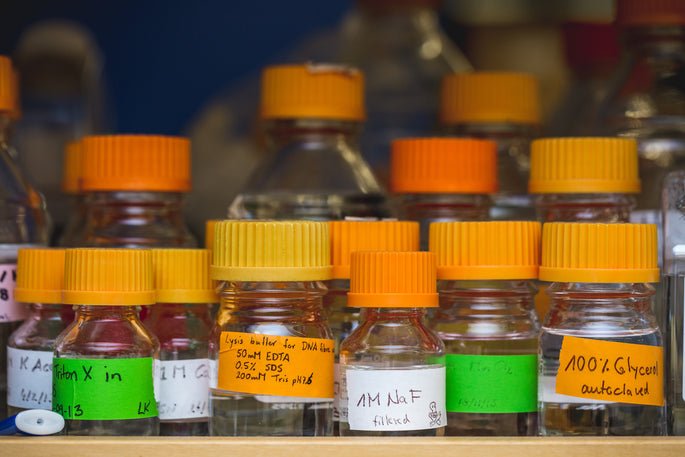
What are chemical resistant fasteners used for?
Chemical-resistant fasteners are essential in industries where exposure to corrosive substances and harsh environments is frequent. They are widely used in chemical processing plants, refineries, and wastewater treatment facilities, where they ensure the integrity of equipment and structures by resisting degradation from acids, solvents, and other aggressive chemicals. These fasteners are also critical in the pharmaceutical and food industries, where maintaining hygiene and preventing contamination is crucial. In marine applications, chemical-resistant fasteners help prevent corrosion from saltwater, while in the aerospace and automotive sectors, they provide durable solutions for components exposed to extreme conditions.
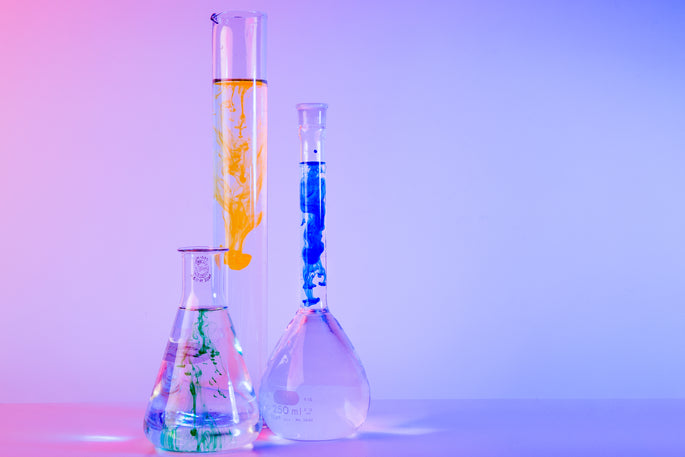
What Are Chemical Resistant Fasteners?
Chemical resistant screws, nuts, bolts and washers are fasteners that are designed to resist the effects of chemical exposure. They are used in a variety of applications where chemical exposure is a concern, such as in the chemical or pharmaceutical industries, or in environments where corrosive substances are present.
Le viti, i dadi, i bulloni, le rondelle e gli elementi di fissaggio resistenti alle sostanze chimiche sono dispositivi di fissaggio progettati per resistere agli effetti dell'esposizione chimica. Vengono utilizzati in una varietà di applicazioni in cui l'esposizione chimica è un problema, come nell'industria chimica o farmaceutica, o in ambienti in cui sono presenti sostanze corrosive.
Esistono diversi modi per rendere gli elementi di fissaggio resistenti agli agenti chimici, tra cui l'utilizzo di materiali resistenti agli agenti chimici e l'applicazione di rivestimenti resistenti agli agenti chimici. Alcuni materiali comuni utilizzati per i dispositivi di fissaggio resistenti agli agenti chimici sono l'acciaio inossidabile, l'ottone e il bronzo, oltre ad alcuni tipi di plastica o polimeri. Questi materiali sono resistenti alla corrosione e ad altri tipi di degradazione chimica grazie alle loro proprietà chimiche intrinseche e sono spesso utilizzati in ambienti in cui l'esposizione chimica è un problema.
Oltre all'uso di materiali chimicamente resistenti, è possibile applicare ai dispositivi di fissaggio anche rivestimenti chimicamente resistenti per fornire un ulteriore strato di protezione contro l'esposizione chimica. Questi rivestimenti possono essere applicati attraverso processi come la galvanoplastica, l'anodizzazione o la verniciatura e possono contribuire a proteggere il materiale sottostante dagli effetti dell'esposizione chimica.
In generale, le viti, i dadi, i bulloni, le rondelle e gli elementi di fissaggio resistenti agli agenti chimici sono un componente importante in molte applicazioni in cui l'esposizione agli agenti chimici è un problema, e possono contribuire a prolungare la vita utile degli elementi di fissaggio e a migliorare l'affidabilità di apparecchiature e strutture in ambienti chimicamente difficili.

